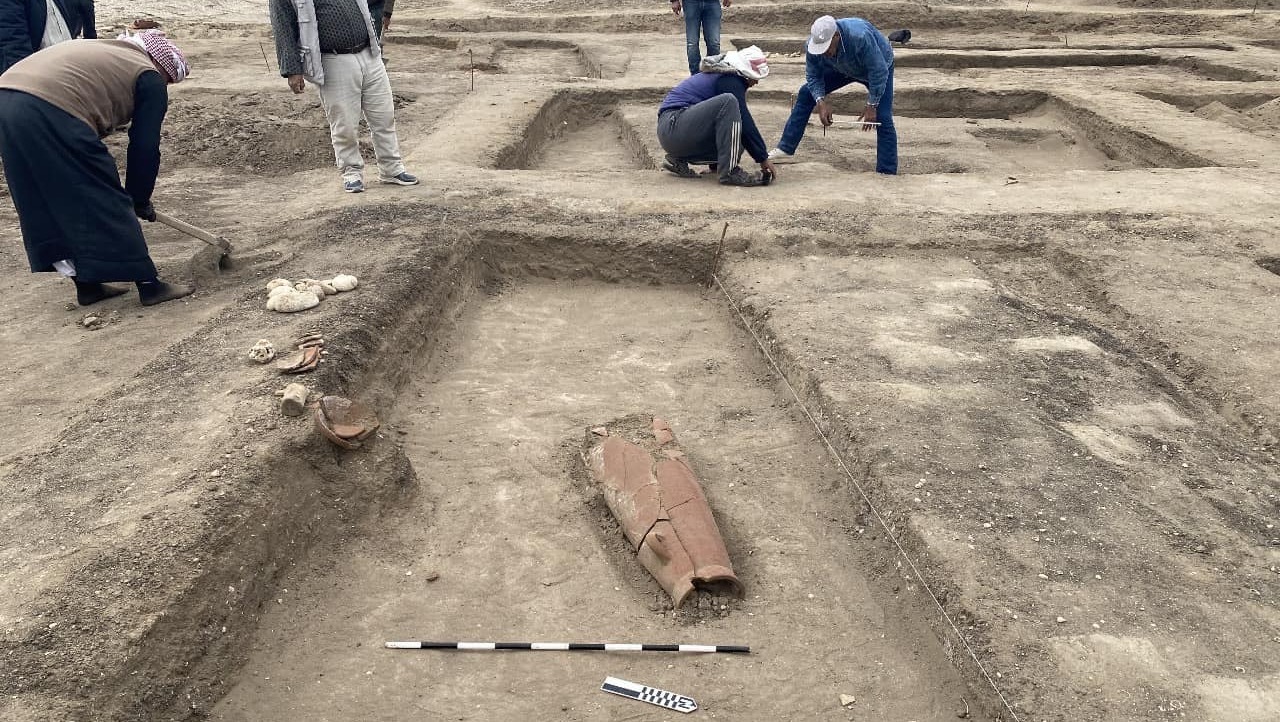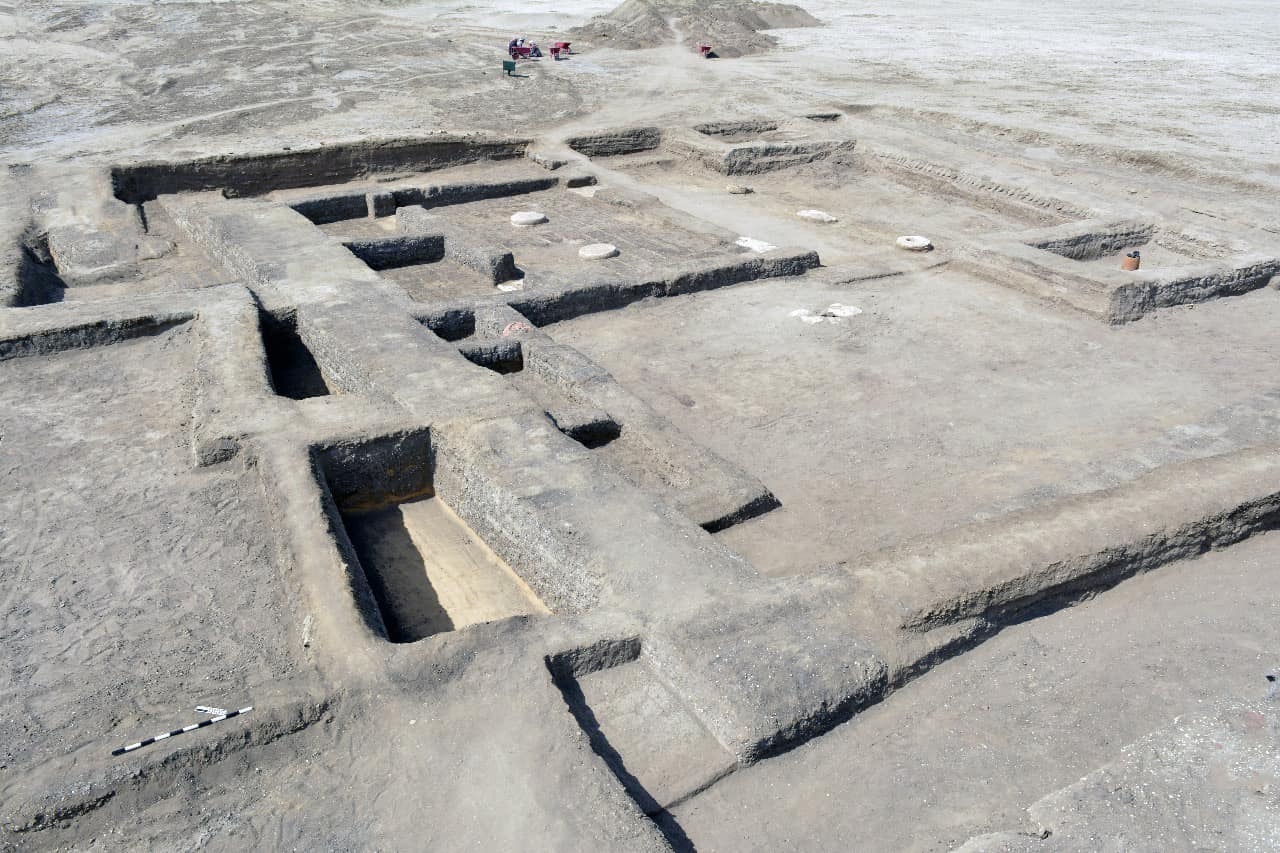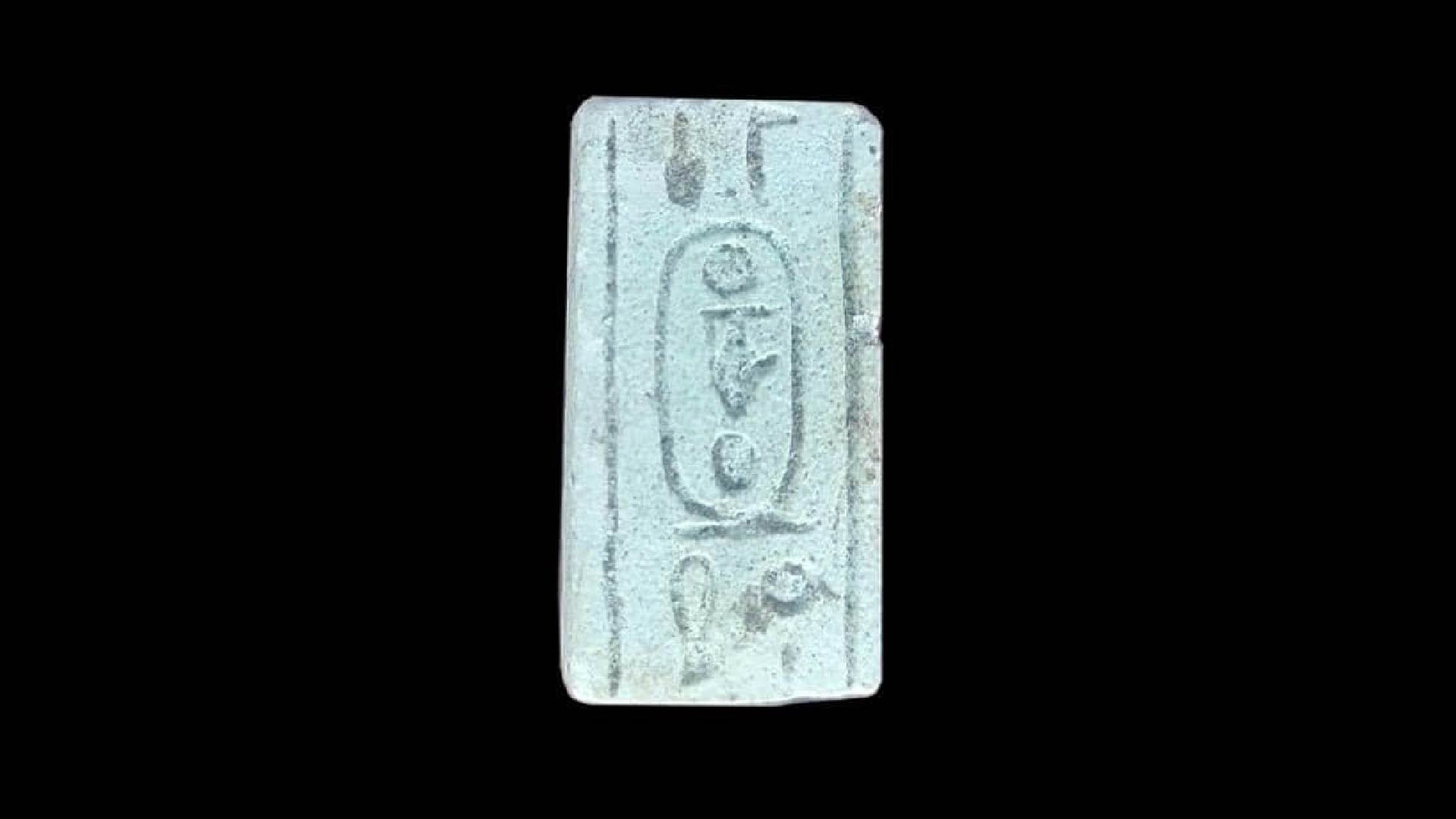3,500-year-old 'rest house' used by ancient Egyptian army discovered in Sinai desert
A 3,500-year-old rest house in the Sinai desert may have been used by an Egyptian pharaoh.

Egyptologists have discovered the remains of a "rest house" in the northern Sinai desert. The structure may have temporarily housed ancient Egyptian forces, and possibly even royalty, during the reign of Thutmose III, or from about 1479 to 1425 B.C.
Ancient Egyptian rulers often launched military campaigns into the eastern Mediterranean, and one route Egyptian troops frequently took to reach the region was through the Sinai desert.

"It is likely that this building had been used as a royal respite due to the architectural planning of the building and the scarcity of pottery fractures [broken pottery] inside," the Egyptian Ministry of Tourism and Antiquities said in a translated statement. The lack of broken pottery meant that pottery construction likely didn't occur in the structure and that the building was kept clean. This suggests that it wasn't a typical domestic structure.
The building contains two rectangular hallways and a number of rooms branching off of them, the statement said. A hieroglyphic inscription found in the building indicates that the rest house dates to the time of Thutmose III.
The rest house is located at the Tel Habwa (also spelled Tel Hebwa), a site that has a cemetery dating to between the 21st dynasty (circa 1070 to 945 B.C.) and the 26th dynasty (688 to 525 B.C.), or after the rule of Thutmose III.

It's an interesting discovery, but more information is needed, said Anthony Spalinger, a professor emeritus of classics and ancient history at the University of Auckland in New Zealand.
Sign up for the Live Science daily newsletter now
Get the world’s most fascinating discoveries delivered straight to your inbox.
Spalinger, who wasn't involved with the finding, said he's not certain if the rest house dates to the reign of Thutmose III. He noted that the stratigraphy around the rest house is from later times and that a cartouche (an oval-shaped artifact bearing the name of a pharaoh) the team released also dates to later times. More information is needed to understand when the building was in use, he said.
According to Spalinger, the pharaoh himself may not have used this rest house. "The armies brought tents whilst going north, and the royal tent is where I would expect the king to be," he said in an email.

Owen Jarus is a regular contributor to Live Science who writes about archaeology and humans' past. He has also written for The Independent (UK), The Canadian Press (CP) and The Associated Press (AP), among others. Owen has a bachelor of arts degree from the University of Toronto and a journalism degree from Ryerson University.










